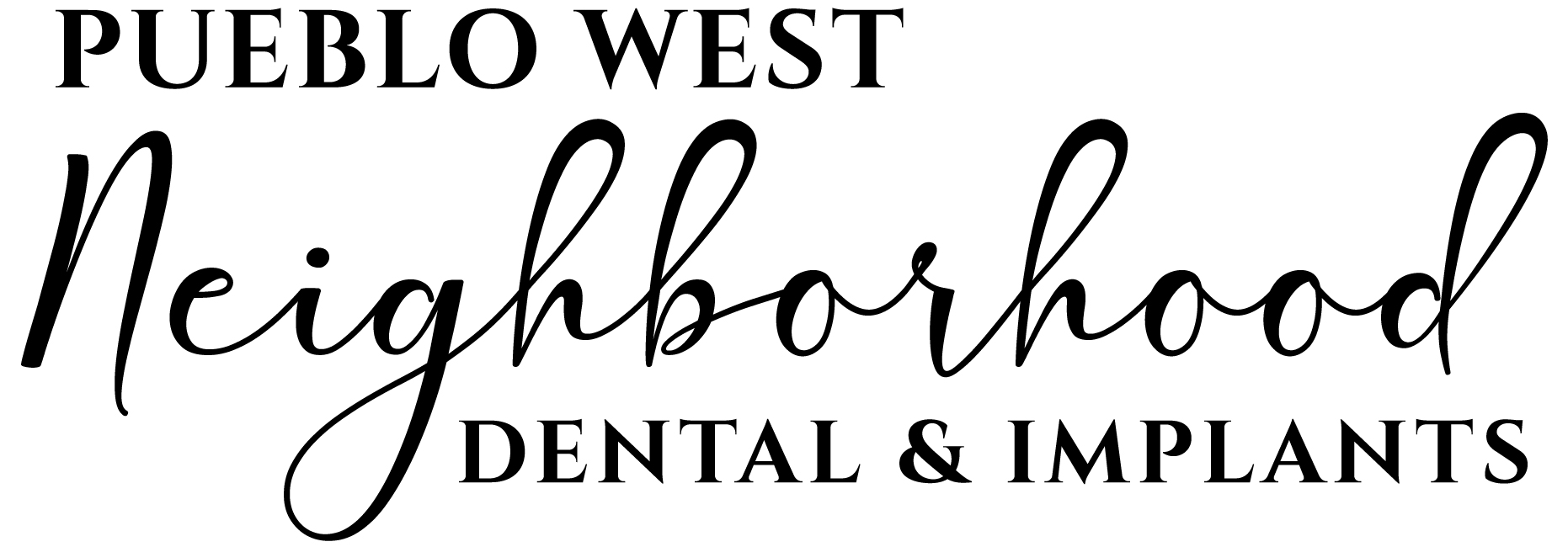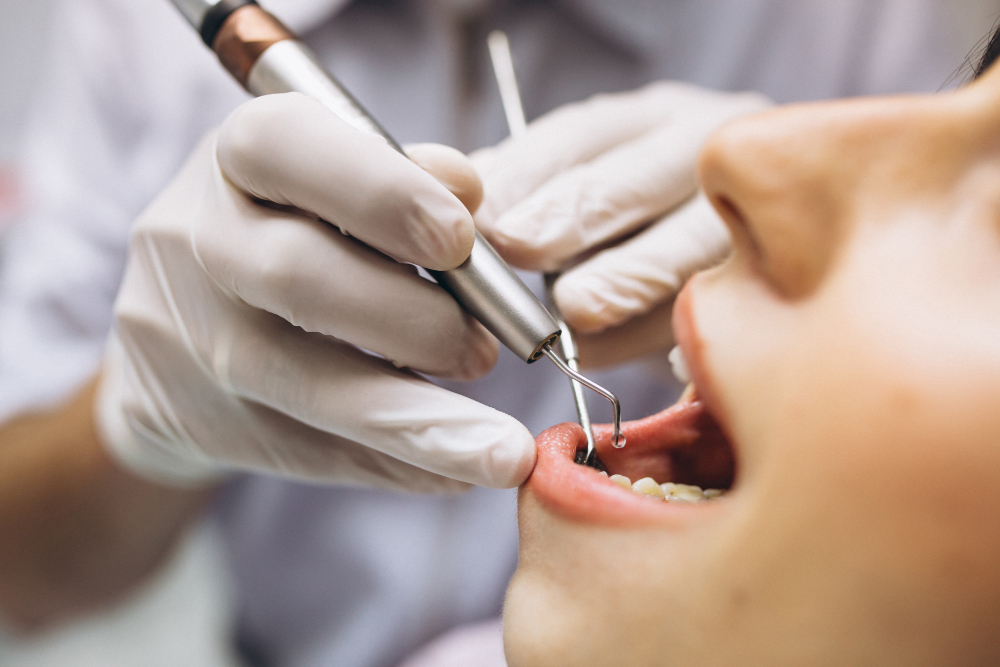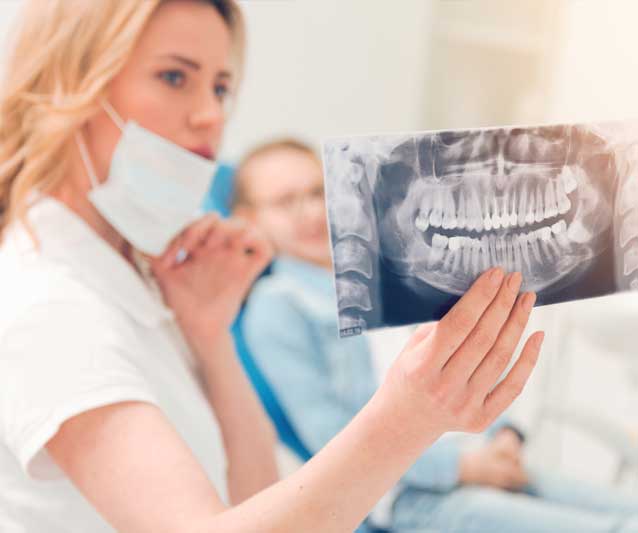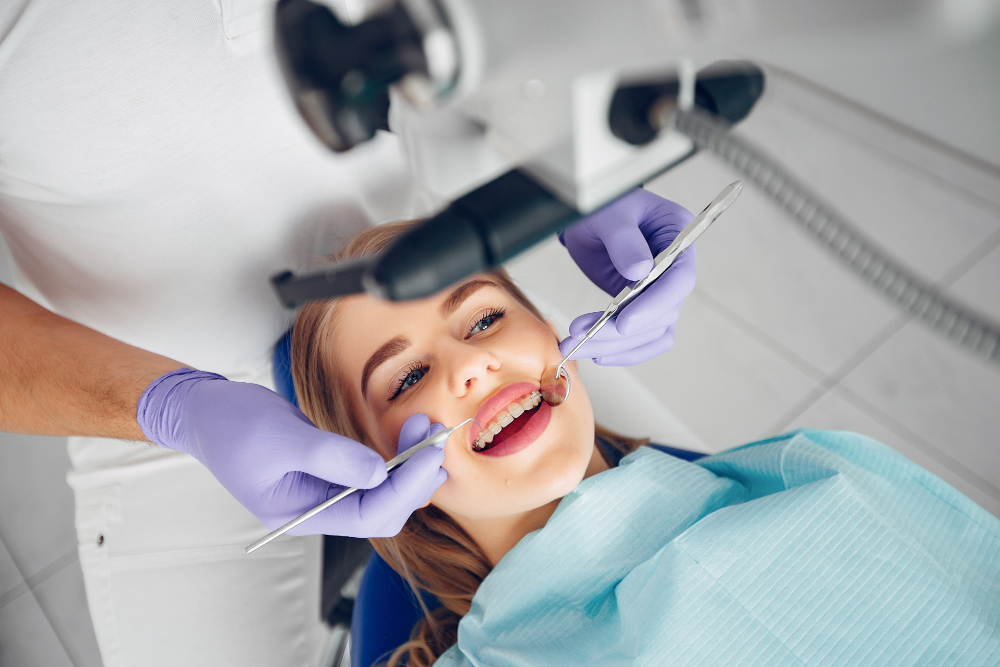Nowadays, more and more people understand that dental health is intimately connected to overall bodily health. Diet and lifestyle have a huge effect on the health of your teeth. As this becomes common knowledge, it leads many people to wonder, “Is alcohol bad for your teeth?”
The effects of alcohol on teeth are relatively minor. Still, it’s good to think about your smile before you decide to drink. With the right approach, you can enjoy both alcohol and teeth that are strong, bright, and cavity-free.
Effects of Alcohol On Teeth
So, is alcohol bad for your teeth? To understand the effects of alcohol on teeth, it’s good to learn about some of the main ways in which alcohol can negatively impact your oral health.
Below are some of the ways in which alcohol and teeth don’t mix.
1. Staining
Some alcohols, especially darker ones like red wine, contain tannins. Tannins are compounds that contribute to tooth staining. If you drink regularly, you might begin to notice yellowing or staining.
Luckily, staining is a cosmetic concern. Discolored teeth can sometimes be an indication of a larger issue, but staining in and of itself is not harmful.
If you want to combat staining and continue to enjoy the alcohol that you like, you can drink a glass of water alongside your alcoholic beverage. Whitening treatments and toothpastes that contain whitening ingredients can also help keep you smile bright.
2. Dehydration
Believe it or not, your saliva is one of your best weapons in the fight against tooth decay. Saliva washes away the food debris and bacteria that cause decay.
Unfortunately, alcohol tends to minimize your saliva flow. That’s because it’s a diuretic and has a dehydrating effect on the body. To make up for the decrease in saliva flow, make sure to have a glass of water handy when you drink.
3. Lifestyle
There are plenty of ways to enjoy alcohol responsibly. However, alcohol can sometimes go hand-in-hand with overconsumption and reckless behavior.
If you routinely drink alcohol to the point of intoxication, you might make decisions that jeopardize your oral health. For example, you might engage in risky behavior that leads to an accident (and a broken or chipped tooth). You might snack on sweets, chips, and other junk food.
4. Sugar
Many alcoholic drinks contain large amounts of sugar. If you’re a fan of mixed drinks, sweet wines, or ciders, you’re probably consuming more sugar than you realize. Sugary drinks coat your teeth as you drink them and can contribute to decay and cavity formation.
Before you reach for your next drink, check the sugar content. If it’s high, consider swapping it out for a low-sugar alternative.
Alcohol and Teeth: Everything in Moderation
So, is alcohol bad for your teeth? Like most delicious treats, alcohol is perfectly fine in moderation. And like most delicious treats, it can hurt your teeth if you overdo it.
You don’t have to give up alcohol to have healthy teeth. Once you’re aware of the risks involved in drinking, you can take steps to mitigate the effects of alcohol on teeth. A cold can of beer or an evening glass of wine is even better when you’re confident that it won’t have adverse effects on your health.
To learn more about alcohol and teeth, contact us today. We’re happy to talk to our patients about how they can use their diet to optimize their dental health.






